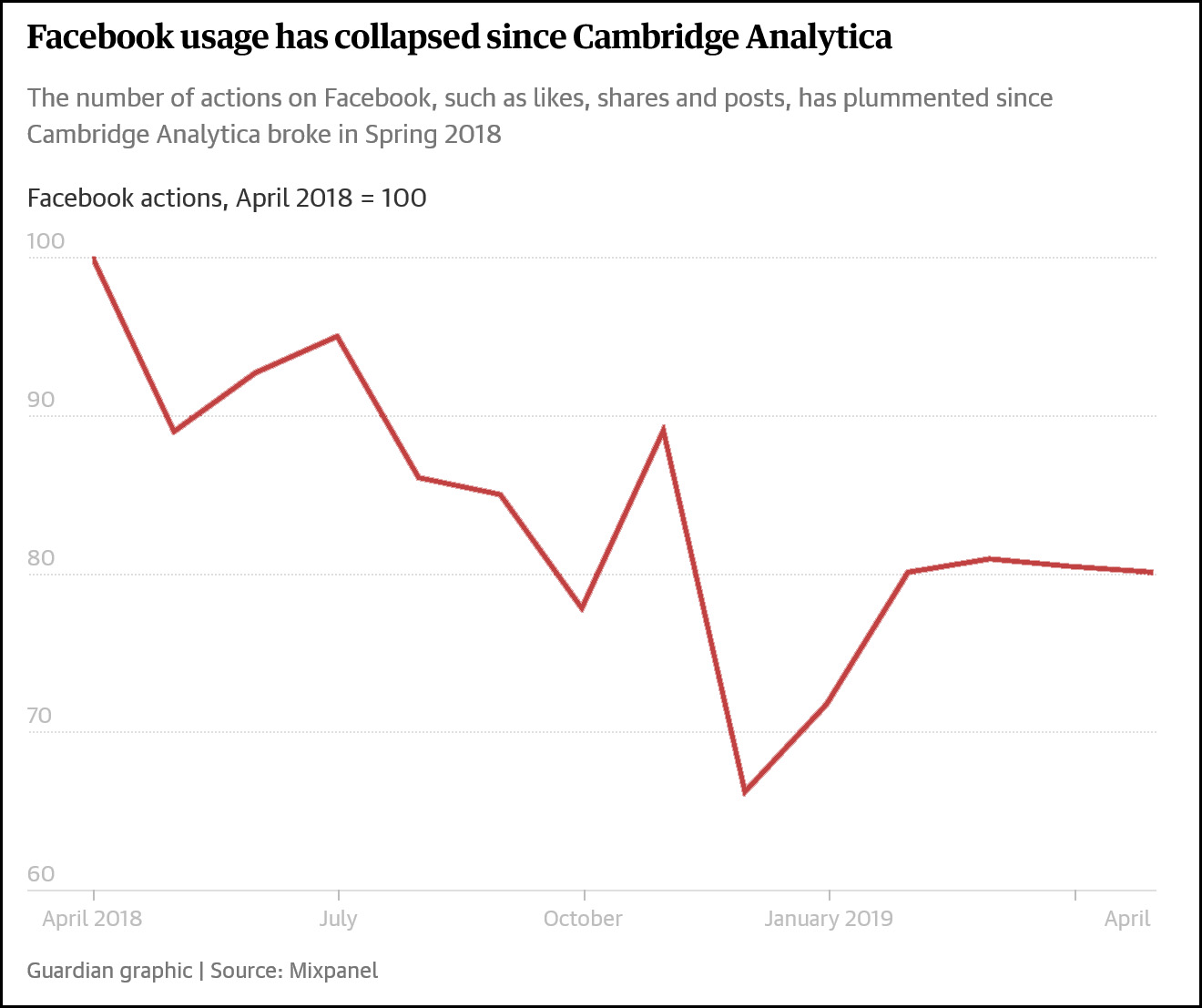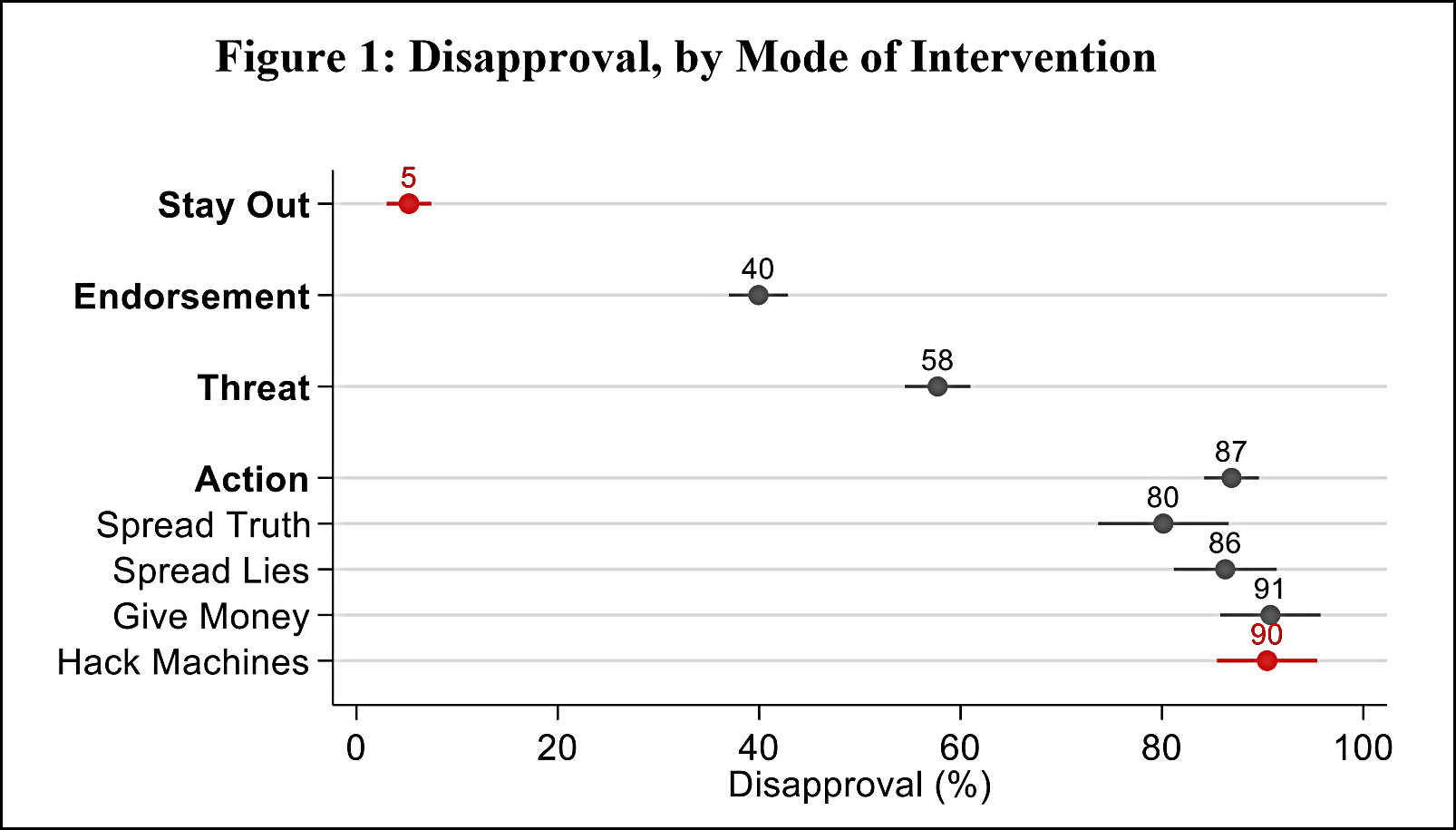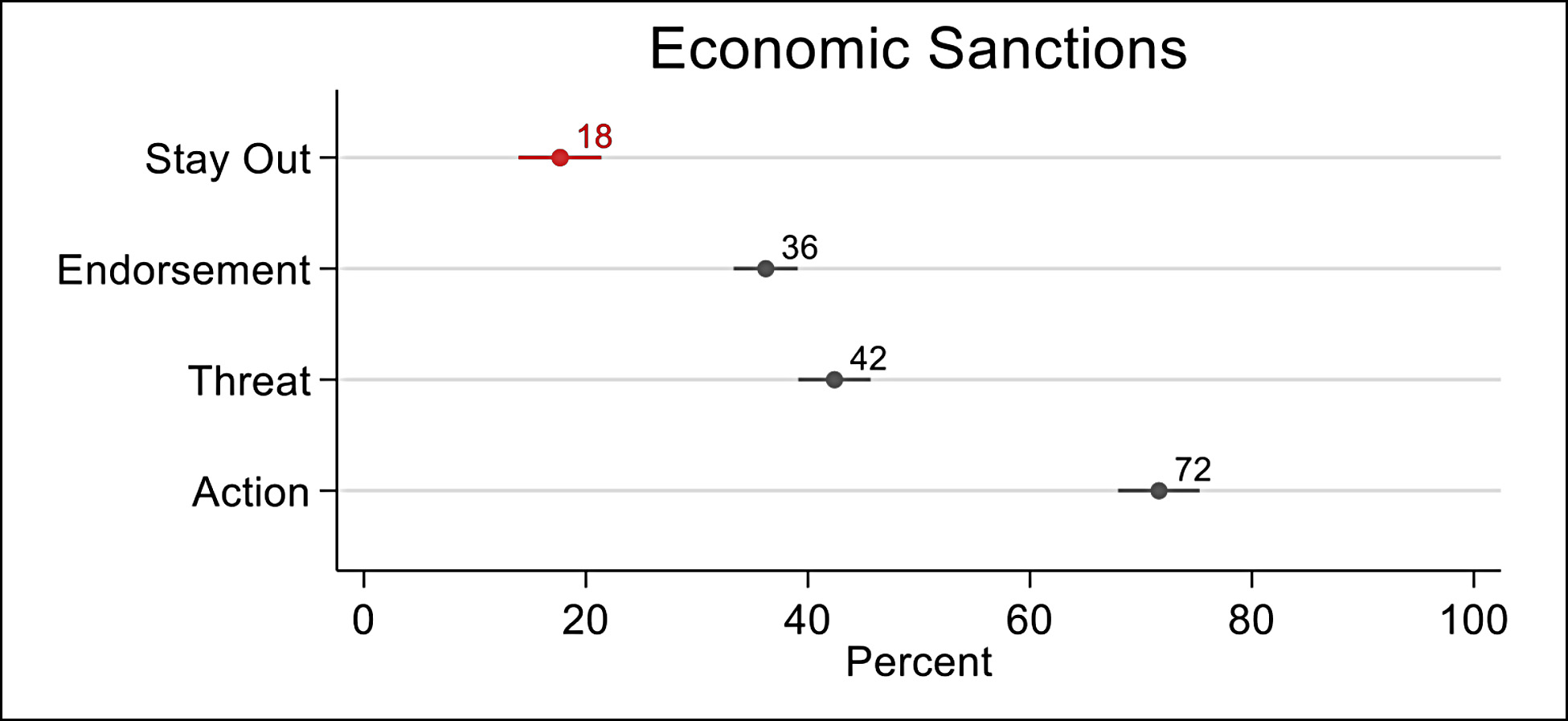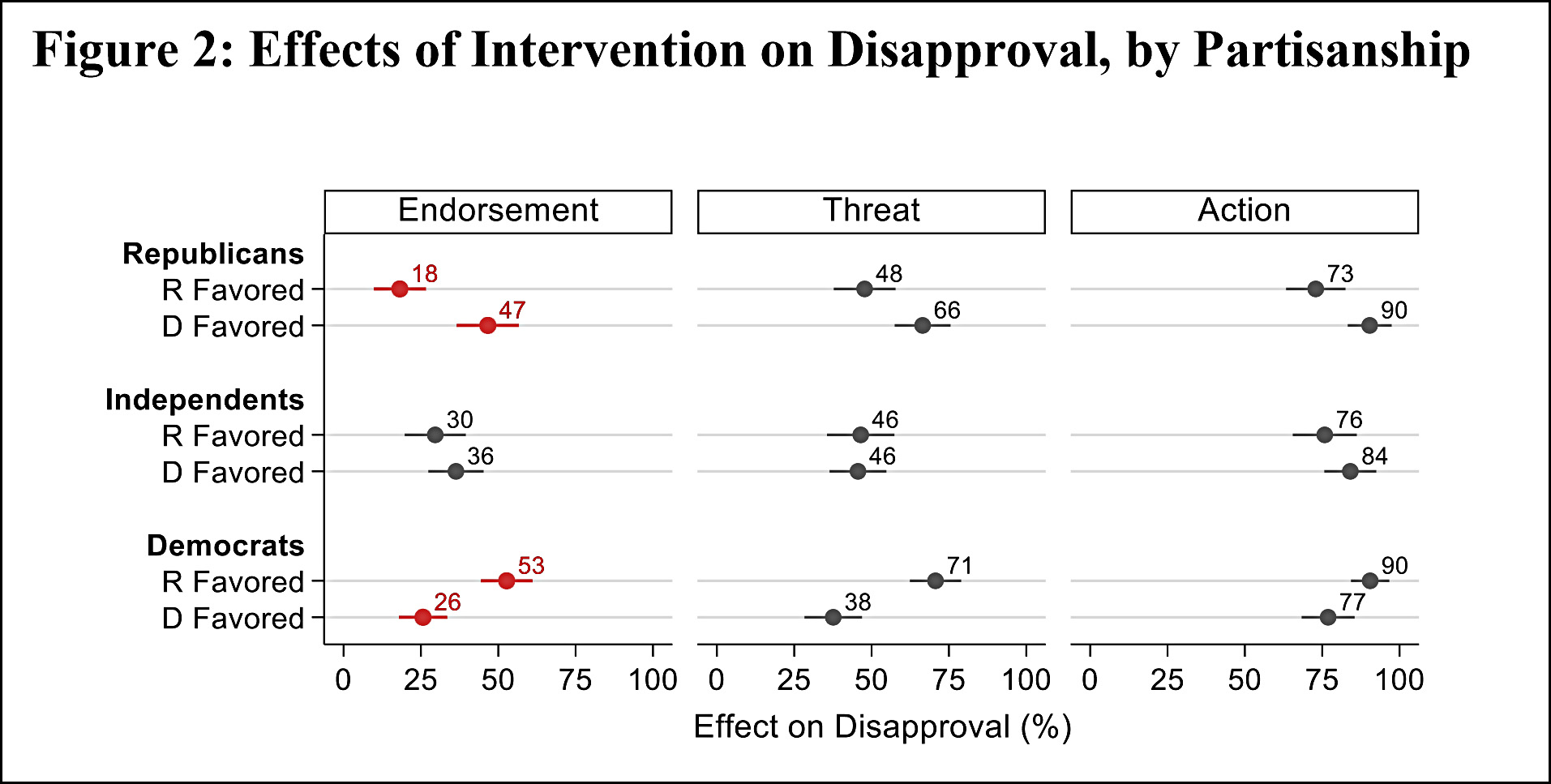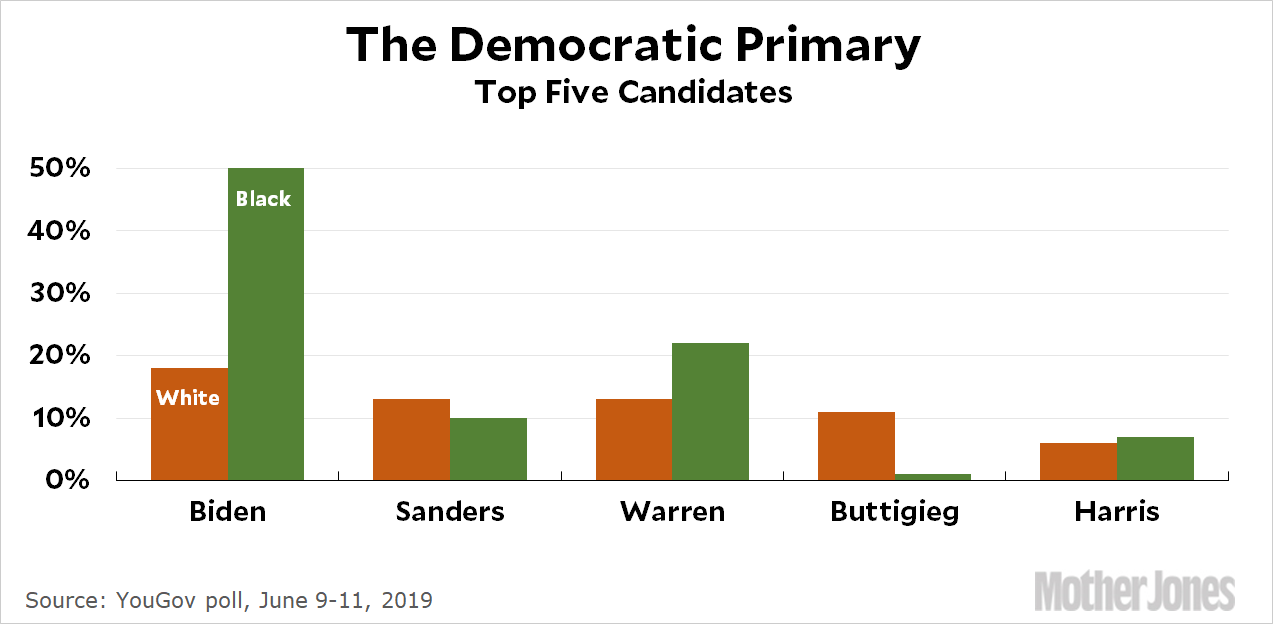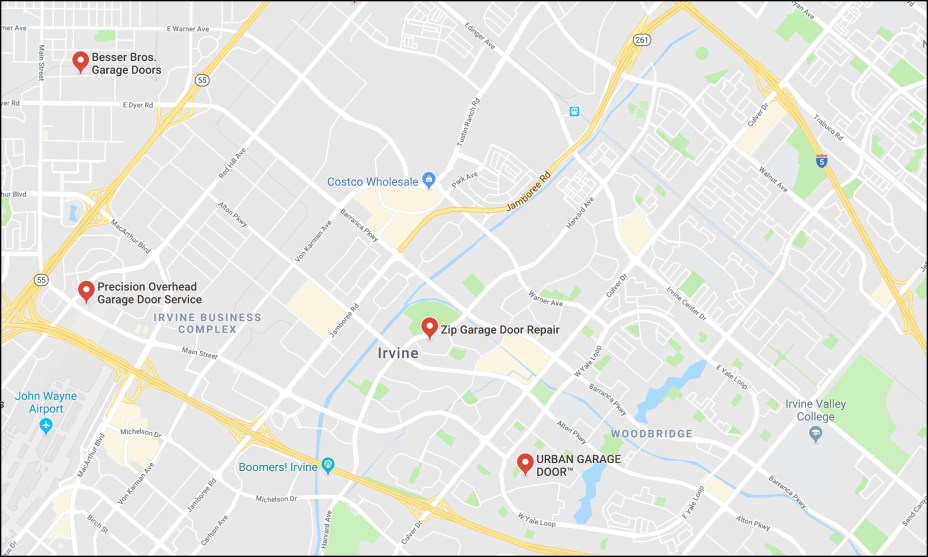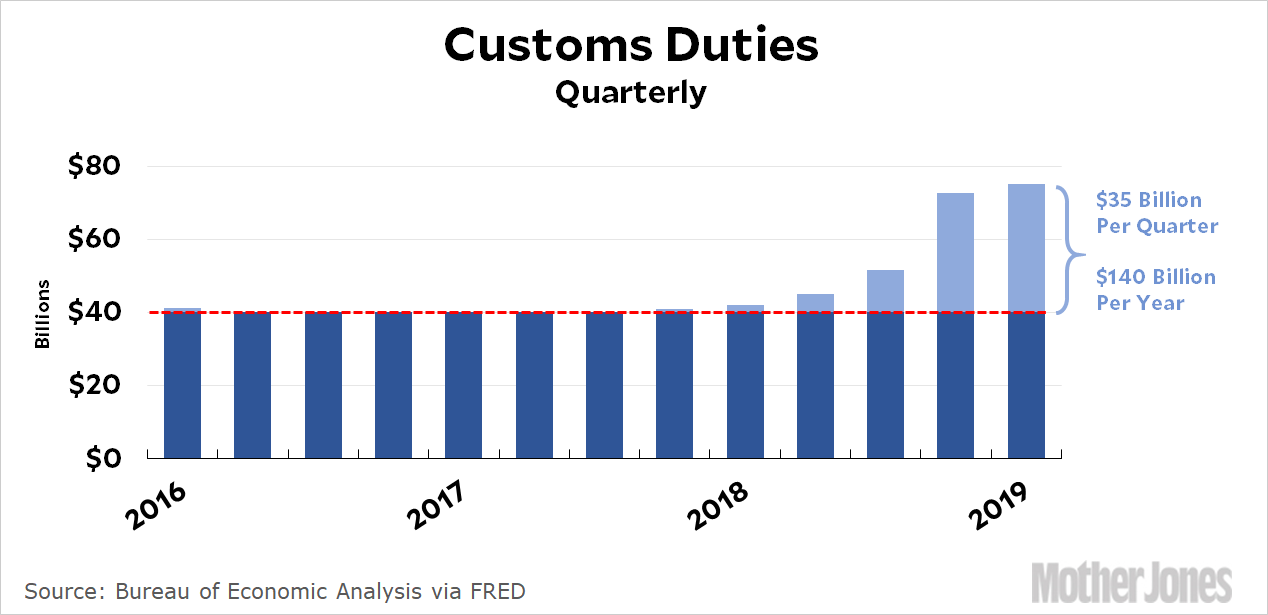President Trump explains why he called off the military strike on Iran:
On Monday they shot down an unmanned drone flying in International Waters. We were cocked & loaded to retaliate last night on 3 different sights when I asked, how many will die. 150 people, sir, was the answer from a General. 10 minutes before the strike I stopped it, not proportionate to shooting down an unmanned drone. I am in no hurry, our Military is rebuilt, new, and ready to go, by far the best in the world. Sanctions are biting & more added last night. Iran can NEVER have Nuclear Weapons, not against the USA, and not against the WORLD!
As usual with Trump, I have no idea whether I should believe this. It doesn’t seem very likely that the president would only be given a casualty estimate ten minutes before the missiles were going to be launched.
Still, true or not, it demonstrates a surprisingly . . . mature attitude. Good for him.


